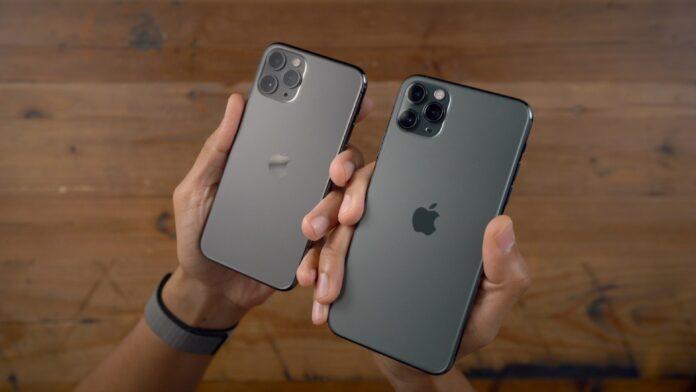A month ago your iPhone gained a new button and you might not even have noticed. The arrival of iOS 14 included within the update the activation of a new feature called Back Touch, which is a real digital button on the border between hardware and software. Once activated, you can turn the back of the phone into a giant touch-sensitive button that you can use 2-3 times to access a shortcut, open an app, give a command, and so on. It doesn't matter to have one of the new iPhones 12, this new button is available for all iPhones compatible with iOS 14 - therefore from iPhone 6S onwards - and you may not know it because Apple has hidden this option within the Accessibility, Touch and Touch menu. rear.
The goal is to offer users an extra option to interact with their device: you can choose between double tap and triple tap to scroll an app or web page, activate Siri, take a screenshot and so on. The idea was born to make the phone more accessible to those who are disabled or have hand problems, making the usability of the smartphone even easier and activating an excellent alternative to the usual scroll that usually occupies both hands. But the back touch is also inevitably linked to the wide range of shortcuts put in place by Apple: it is invisible to the naked eye, not functional if it is not enabled, but it can be instructed to open, interact or perform almost any activity on your phone. with a simple touch.
Precisely this customization has turned the in key into a tool of creativity, allowing users to find their own ways to take advantage of the new button on the back of their devices (Google has also studied a similar feature on Android 11 but has not yet made it available). And best of all, it works great: there are no activation errors as the iPhone recognizes intentional touches on the fly. It's a new physical button that users can interact with, but that's almost entirely devoid of Apple's usual limitations - imagine if it had given you the option to remap the side button to any other function.

Precisely for this reason, the back button becomes a real wild card that can change your day. Think of being able to pick up the iPhone, unlock it with Face ID and open your favorite app with a double tap on the back, or take a selfie or a screenshot by tapping the Apple symbol three times. It sounds trivial, but it's one of the biggest innovations introduced with iOS 14, precisely because physical buttons are the most direct form of interaction. This is why Samsung insists on a bespoke Bixby button and why Netflix pays for a seat on your remote. And while Apple may not be willing to give up the control of the canonical keys on your devices, this new Rear Touch could be the new frontier of customization made in Cupertino.
READ ALSO:
Best smartphone November 2020, the models on offer
Apple One arrives in Italy, how it works and what services it gives you
